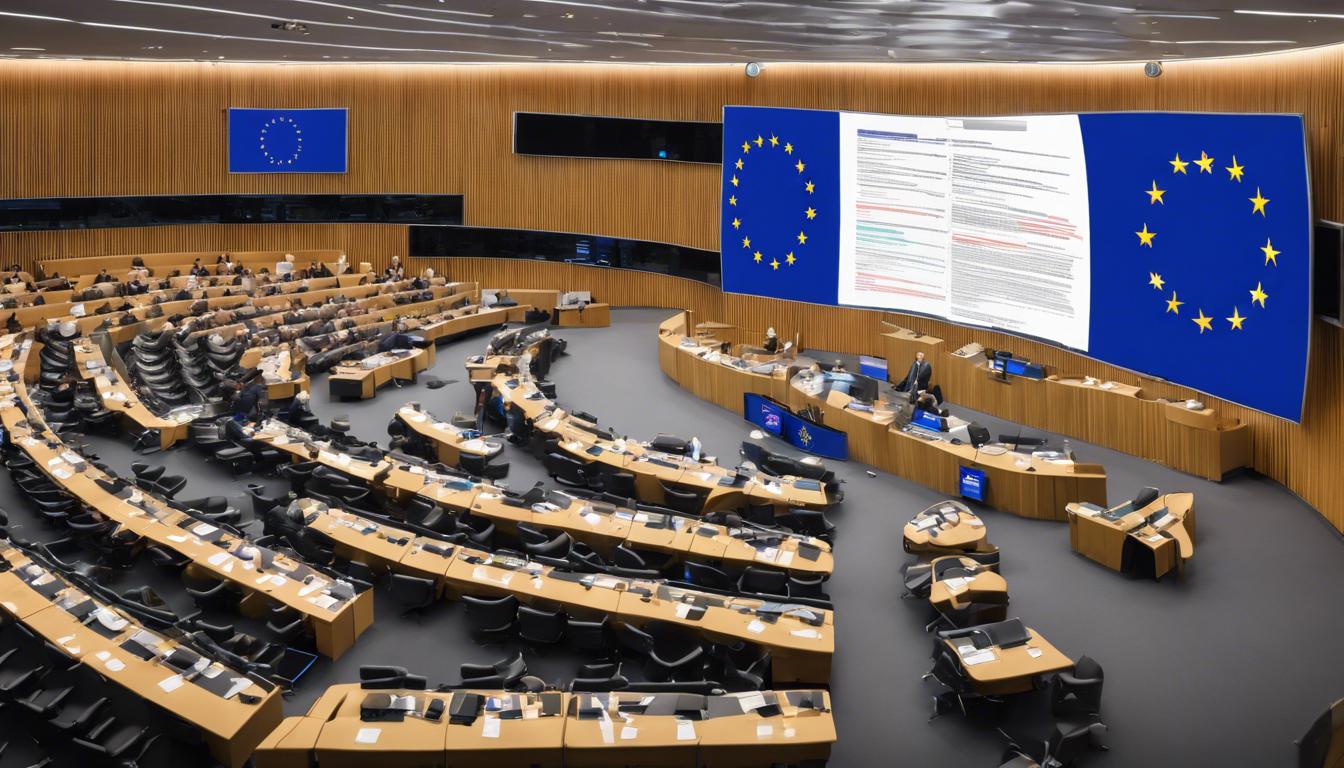The European Parliament has approved significant reforms to the EU’s migration and asylum policies, aiming to improve the efficiency of asylum processes and strengthen border management amid widespread debate and varying national opinions.
On April 10, 2024, the European Parliament passed significant reforms to the EU’s migration and asylum laws, a change that came after extensive negotiations and debates among member states. The Pact on Migration and Asylum has been designed to manage unauthorized entries more effectively and distribute responsibilities more evenly among EU countries. European Parliament President Roberta Metsola described the pact as a balance between “solidarity and responsibility,” emphasizing its role in shaping a European approach to migration challenges.
Key aspects of the approved pact include the introduction of unified screening procedures at the EU’s external borders and the controversial collection of biometric data, including facial images and fingerprints, from children as young as six. Some measures also allow for the potential detention of individuals during screenings. The pact aims to make asylum processes more efficient across the EU and strengthen the management of the bloc’s borders.
The vote on the migration pact has sparked a variety of responses. Hungarian Prime Minister Viktor Orban and Polish Prime Minister Donald Tusk have expressed strong opposition, citing concerns over sovereignty and forced relocations of migrants. On the other hand, figures such as Irish MEP Barry Andrews support the legislation, acknowledging the necessity of reform to handle the rise in asylum applications effectively.
Civil society organizations and human rights groups have criticized the pact, arguing it focuses excessively on deterrence and deportation, potentially increasing human suffering. Amnesty International, among other critics, has called for a migration system that prioritizes human rights and provides secure pathways for asylum seekers.
The reforms are set to be validated by all 27 EU member states, with a crucial upcoming vote in late April determining the final endorsement. The ongoing debate highlights the ongoing challenges and disagreements within the EU regarding its migration policies, with significant implications for the continent’s approach to asylum and immigration.













